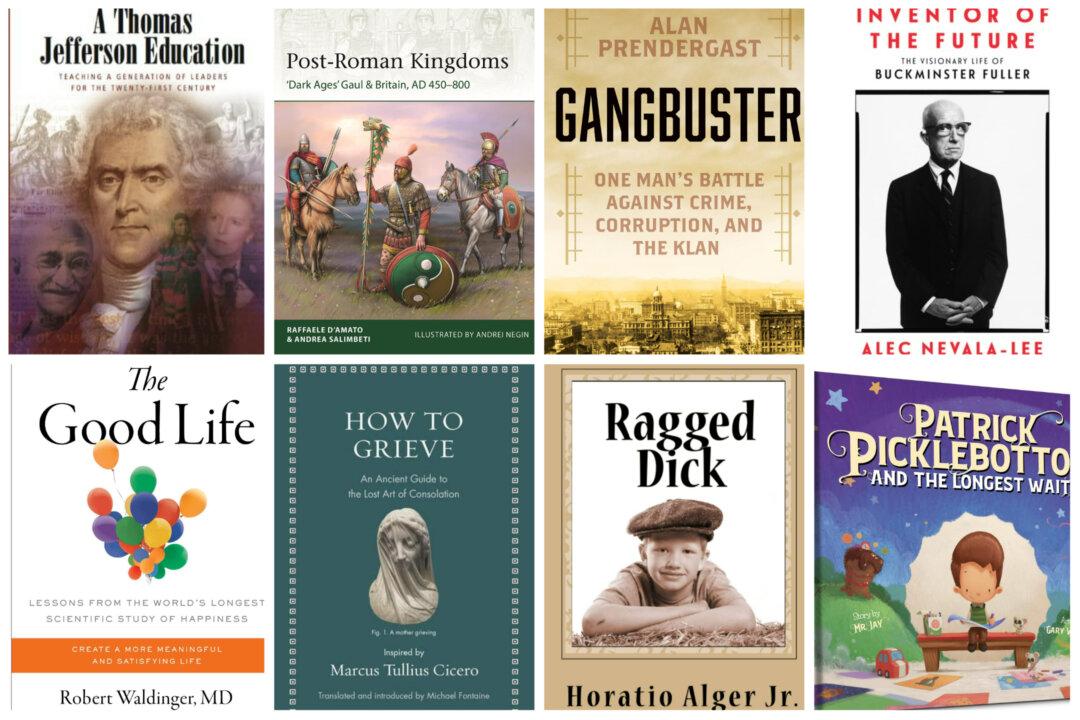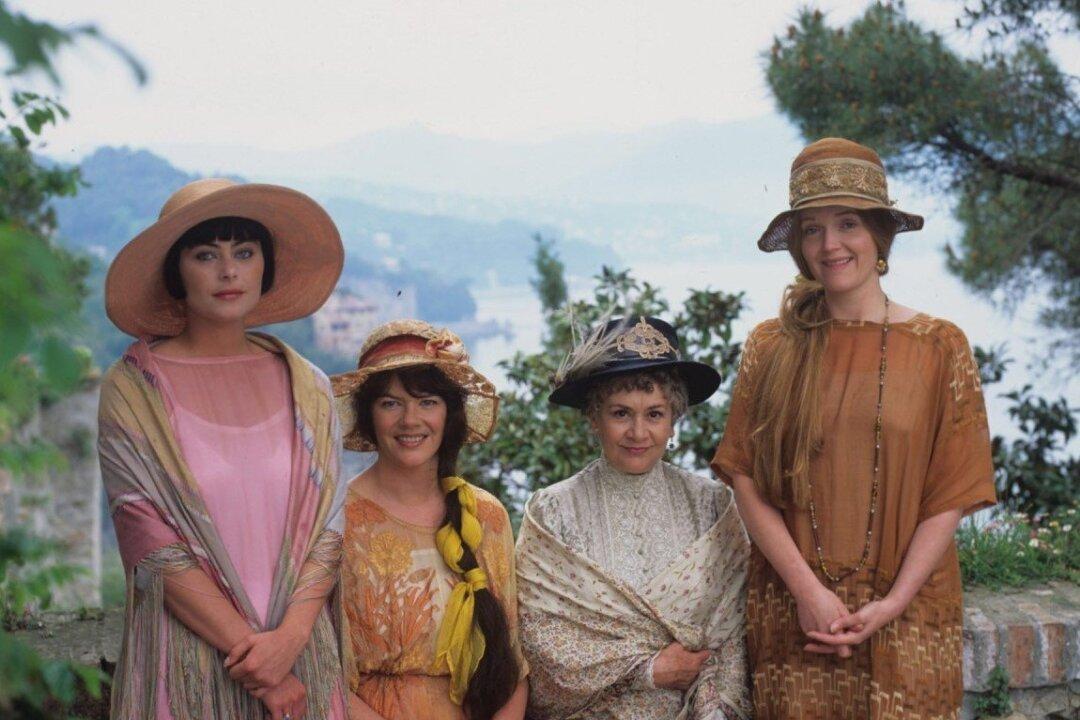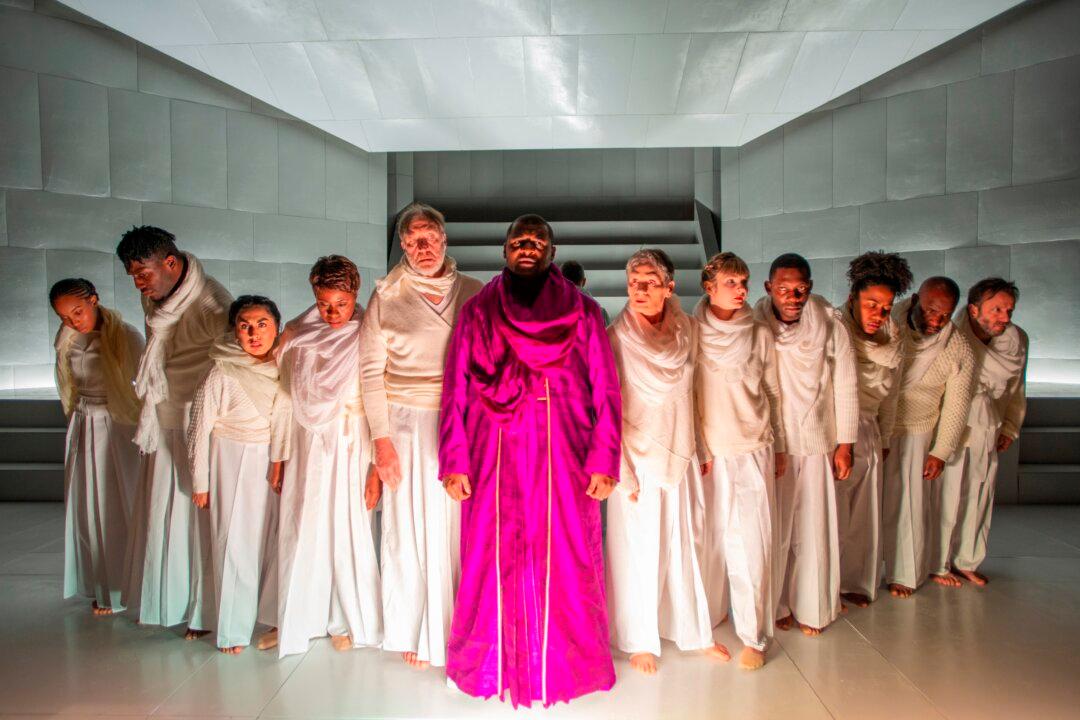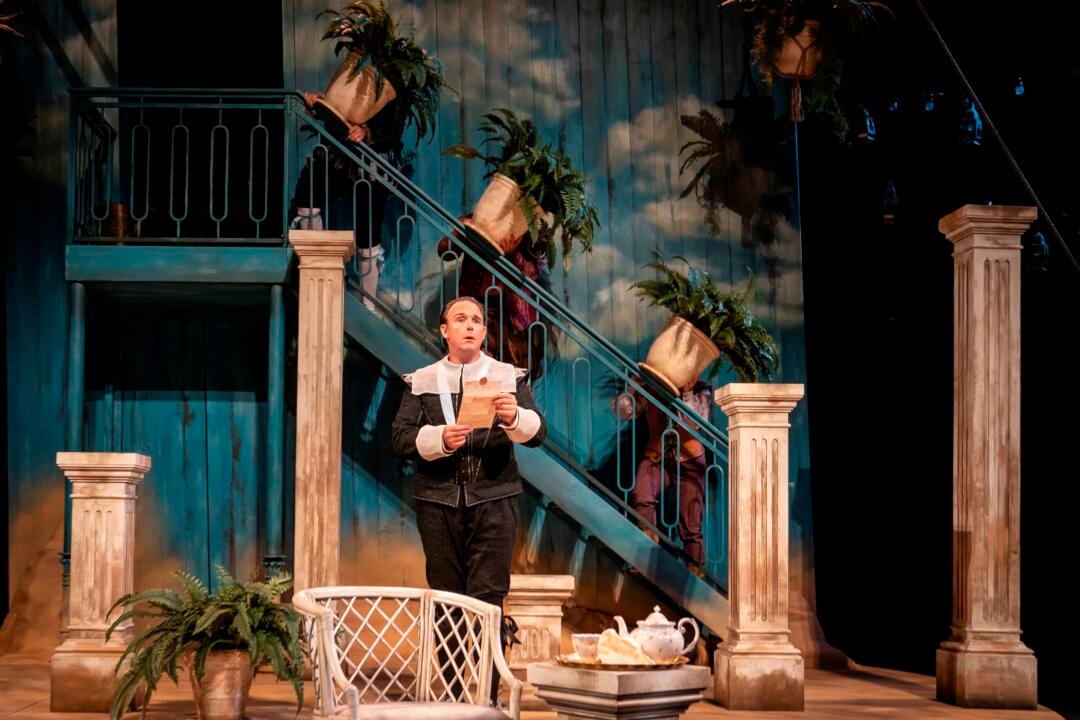Classical music “is essential to who we are and where we come from,” cellist Alicia Storin says.
Storin fell in love with classical music at Interlochen Summer Arts Camp when she was in high school. “It was such a magical place,” she said, that right then she made the decision to pursue music professionally.
Taken up on her mother’s urging as “the most beautiful instrument in the world,” Storin discovered she had a knack for the cello. And given the cello as her starting point, it was natural that she was introduced to music through the classics—“classic in the sense of Mozart, Beethoven, and Bach,” she said.
“Especially Bach. The Bach Suites are the bible for a cellist,” Storin said, in a phone interview on July 15, 2015.
One of the early memories from her childhood lessons was when she was introduced to the prelude from Bach’s Cello Suite No. 1.
“My eyes lit up. ‘I know that piece!’” Storin said. For a child to recognize a melody and be able to play it is exciting.




